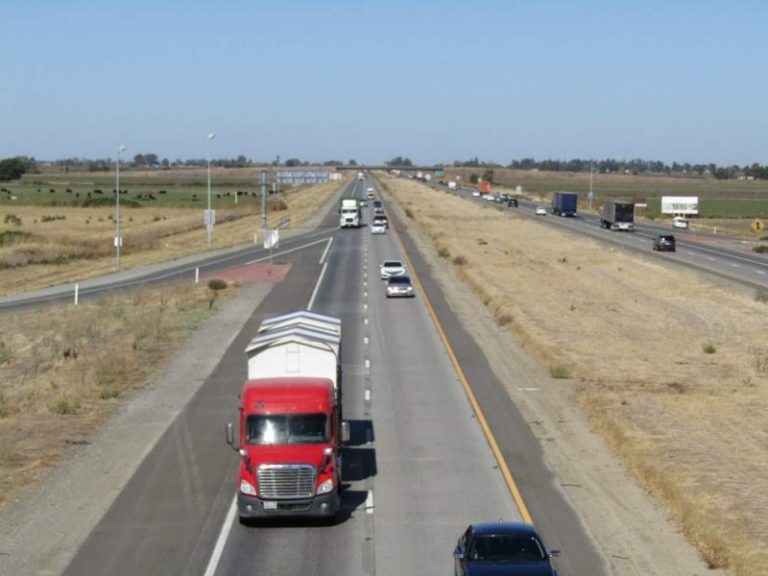What Happens When Trucking Companies Are Negligent?
From expensive medical bills to serious injuries that disrupt your everyday life, truck accidents caused by the negligence of others can have a profound, stressful impact on a person’s life. Though legal action may be daunting, it’s important to seek fair compensation for your suffering when appropriate. This is particularly true since truck accidents often result in more serious injuries or even fatalities.
However, you’ll first need to prove negligence. To learn more about your accident claim, contact our personal injury attorneys in Phoenix at ELG. Our team of Arizona accident lawyers is here to help with a free consultation for legal aid.
A Trucking Company’s Breach of Duty
The first step in your negligence claim is determining whether the defendant owed you a legal duty of care. For example, a trucker contracted to a company has a legal duty to drive safely. They also have a duty to follow the state’s traffic laws.
Once you’ve established that the defendant had an obligation to ensure your safety as the plaintiff, you will have to prove that they breached this duty. This requires you to show a reasonable individual in the same situation would have behaved differently than the defendant and reached an outcome not resulting in your injury.
Again, a truck driver has an obligation to operate their 18-wheeler in a manner that promotes the safety of others on the roadway. Driving recklessly or while impaired, for example, breaches this duty and is also per trucking regulations in Arizona.
Proving Causation in a Truck Crash
 Keep in mind that it’s not enough to show a breach of duty. The next step is proving that your injury was caused by the defendant’s negligence. This means that you’ll have to produce evidence showing the defendant’s actions or inactions that resulted in your injury. In these claims, there are two types of causation: Cause and Proximate Cause. A cause is applicable if the defendant’s actions were a direct cause of the plaintiff’s injury.
Keep in mind that it’s not enough to show a breach of duty. The next step is proving that your injury was caused by the defendant’s negligence. This means that you’ll have to produce evidence showing the defendant’s actions or inactions that resulted in your injury. In these claims, there are two types of causation: Cause and Proximate Cause. A cause is applicable if the defendant’s actions were a direct cause of the plaintiff’s injury.
In other words, if a truck driver runs a stop sign and strikes a pedestrian, that truck driver caused the pedestrian’s injuries directly.
Proximate cause occurs when a plaintiff’s injury was an obvious but indirect result of the defendant’s actions. This could occur when a trucker’s inaction results in a plaintiff’s injury or their company breaches its duty by not maintaining its fleet, for example.
Seeking Damages After a Truck Accident
The final step is proving actual damages. These damages will comprise any expenses directly related to the defendant’s action or inaction, including medical expenses or property damage.
To file a personal injury claim, list a monetary value that the court can utilize to compensate for your loss. Furthermore, you must remember that the statute of limitations in Arizona is two years, so you have two years from the date of your injury to file and prove your case.
Most importantly, contact an attorney if you’ve been injured and have questions about filing a personal injury claim. A lawyer can help you organize the facts of your case and explore your legal options.
Contact our Phoenix truck accident lawyers at ELG today at (623) 321-0566 for a free consultation.
Law News Feed
All NewsWho Is Liable for Damages After a Truck Accident?
According to information from the National Highway Traffic Safety Association, more than 2,500 truck accidents occur each year in Arizona. It goes without sayin…
Common Injuries After a Motorcycle Accident
Motorcycle accidents kill or severely injure individuals more frequently than any other type of crash, resulting in immense amounts of suffering and financial d…

